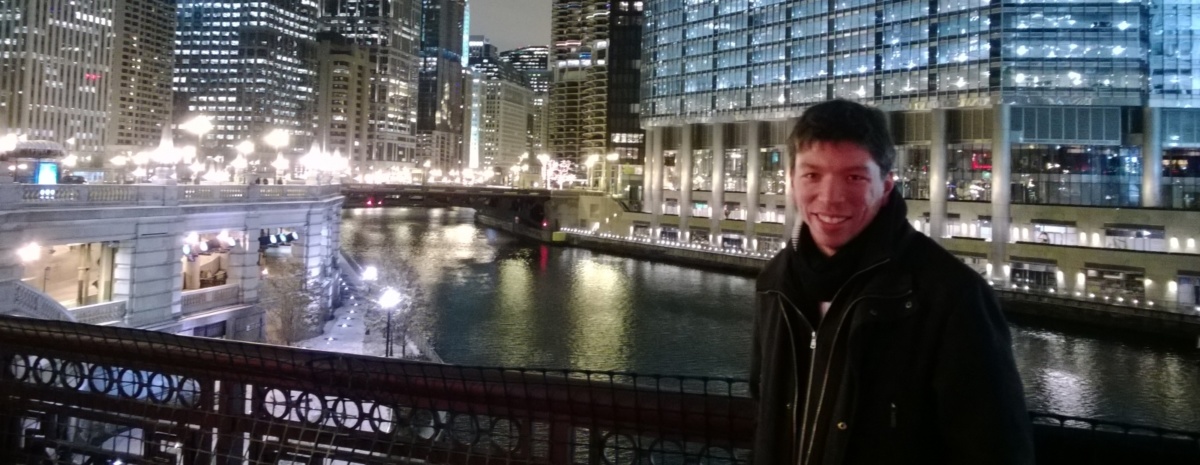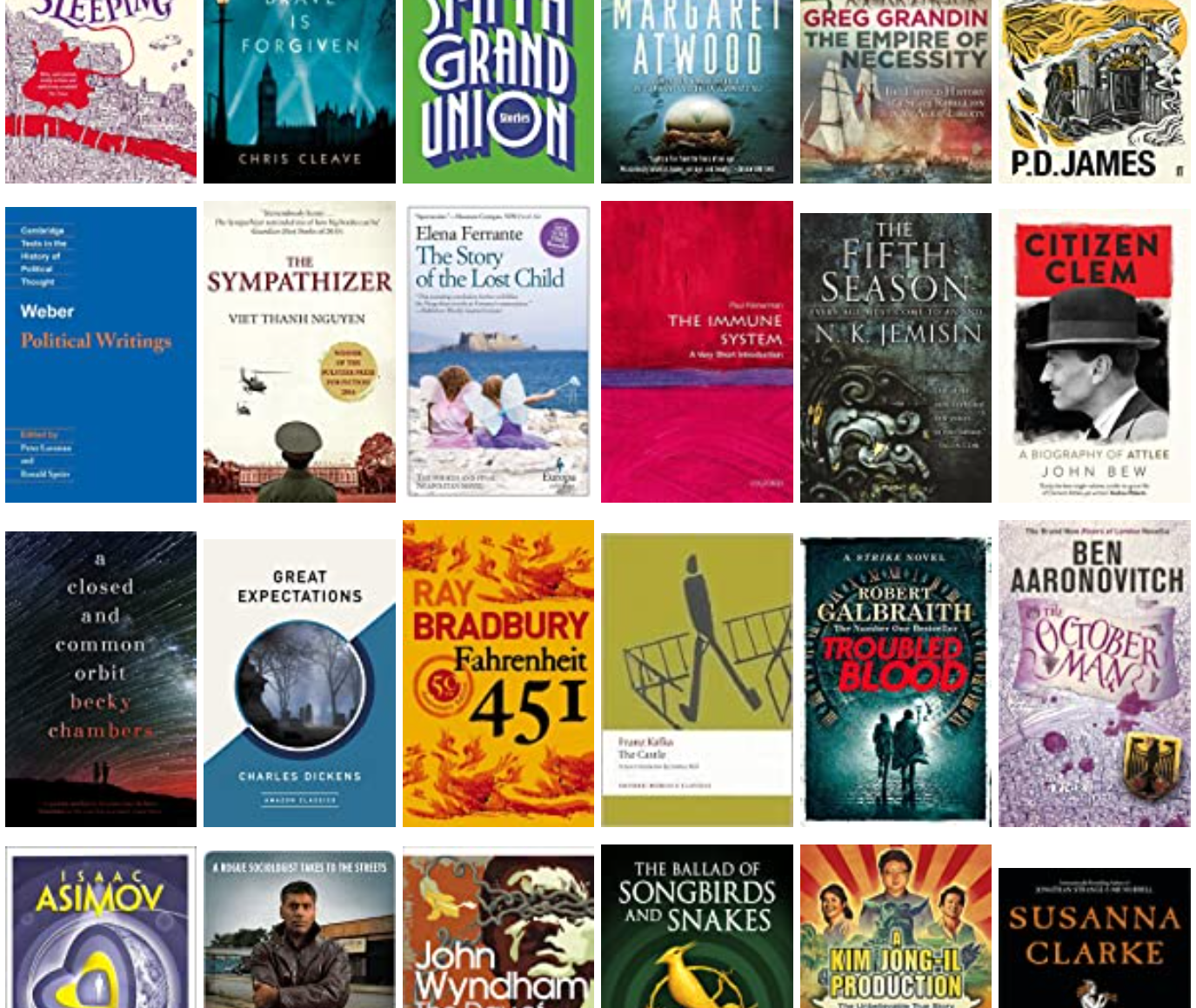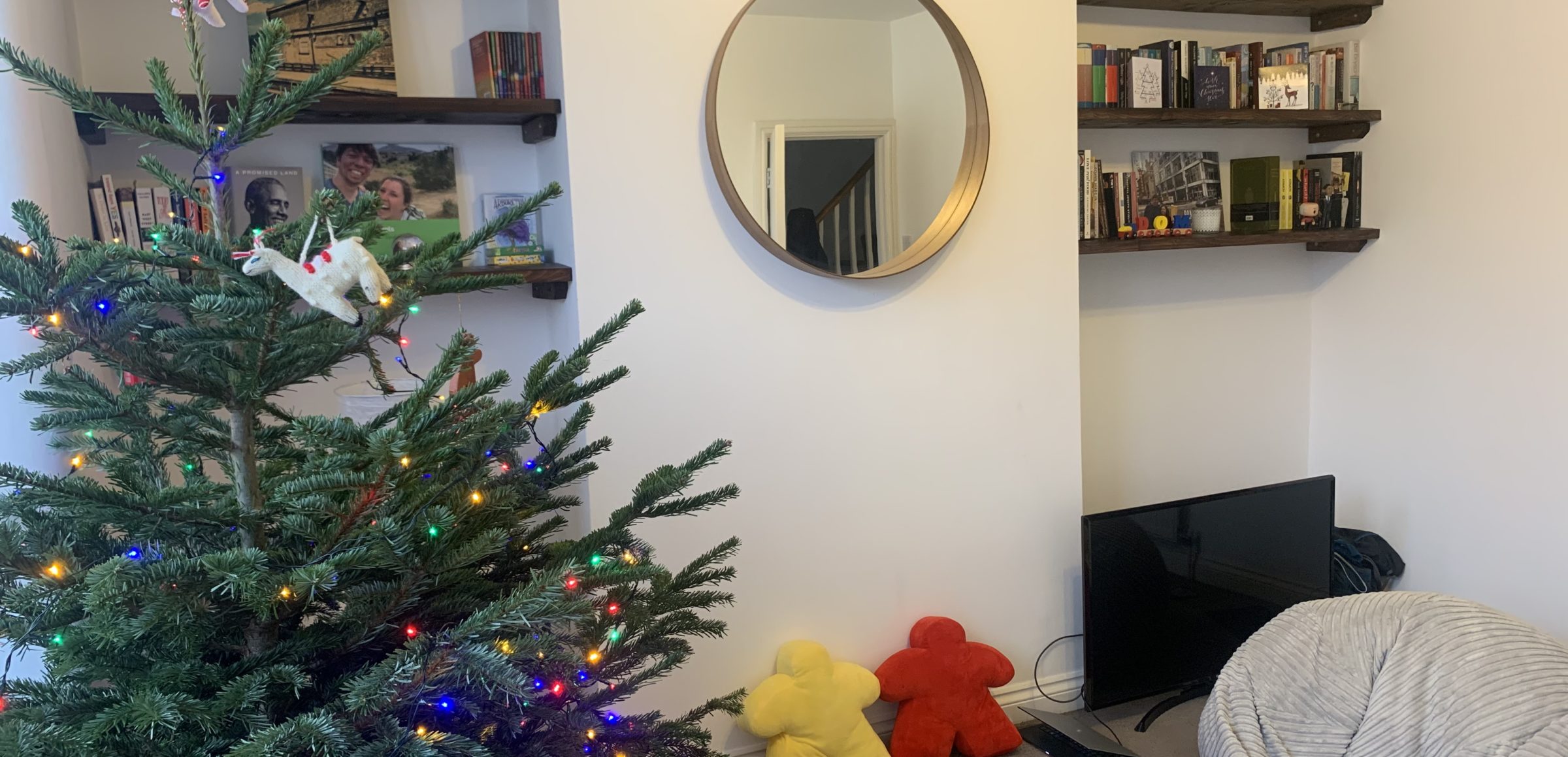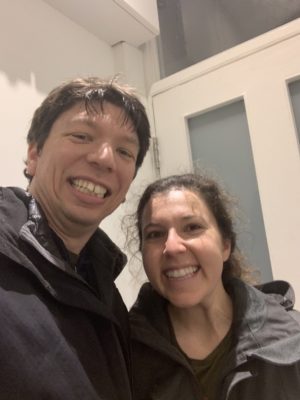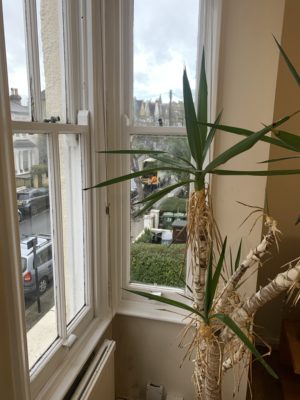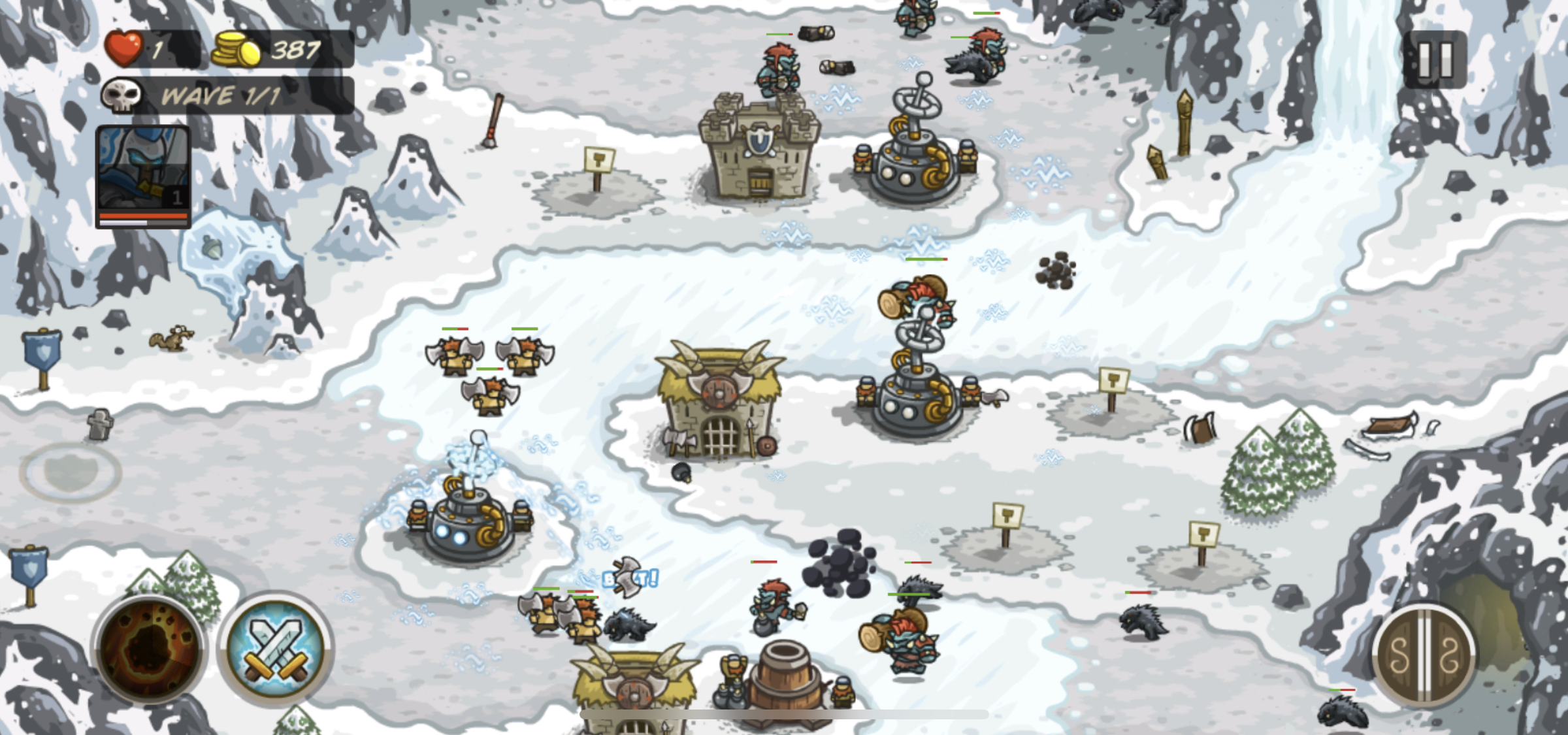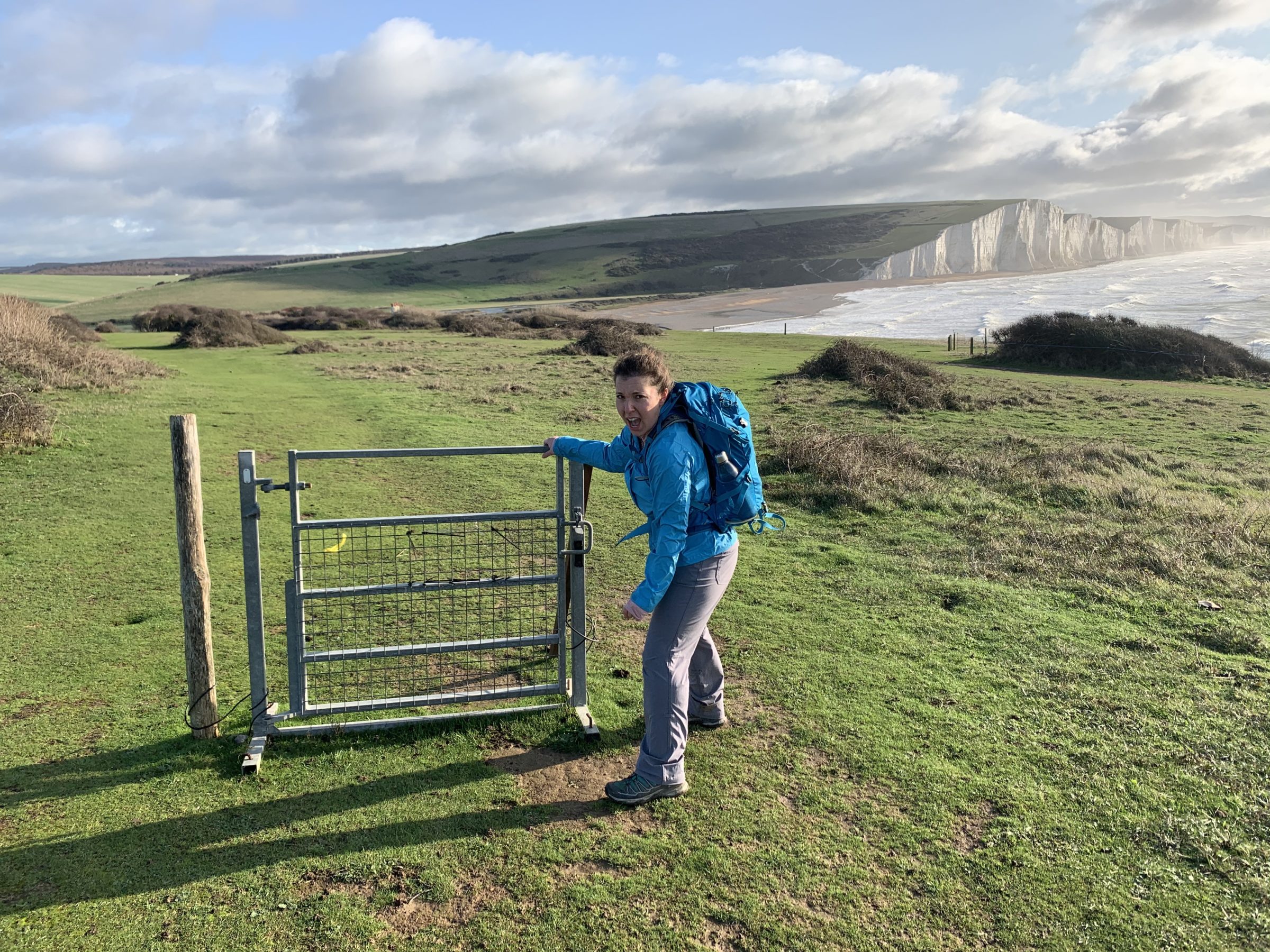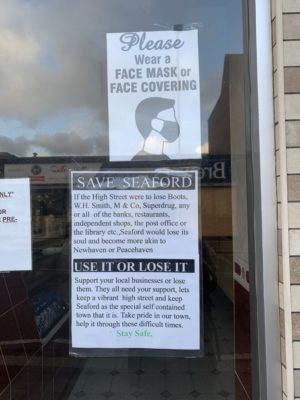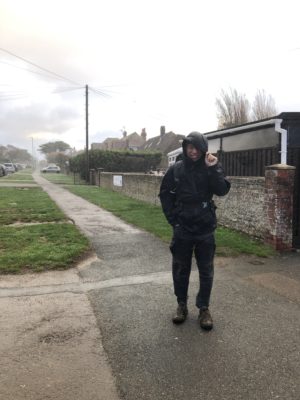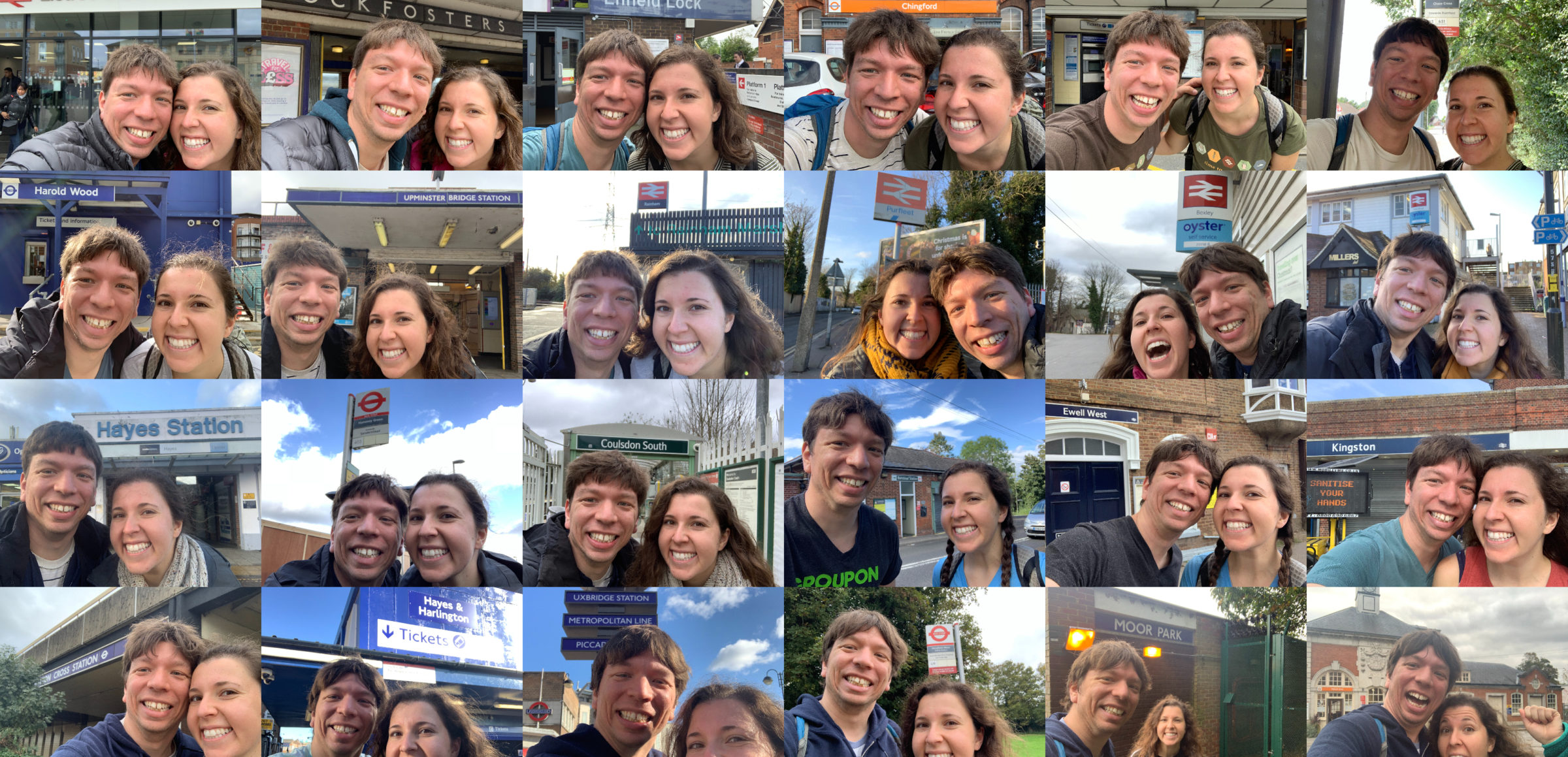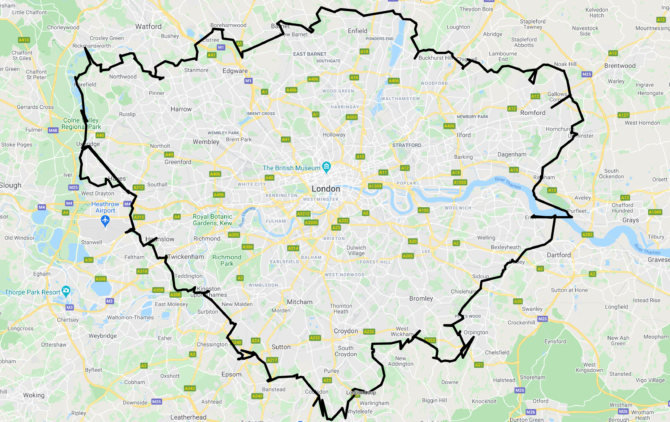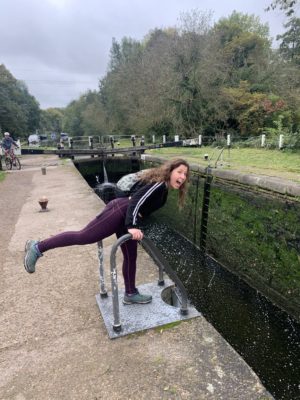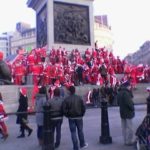When lockdown began I did think that one silver lining might be having more time to myself to read. It didn’t really work out that way – sitting in the same room all day just isn’t that stimulating, I guess – so I’m closing out the year with a total of 35 books read which is a little down on last year. Still, I covered a lot of good books which I’m excited to share here, albeit with a heavy dose of comfort from reading ongoing series which I was already invested in. Mild spoilers below!
Fiction
I spent the whole of January reading The Wise Man’s Fear, the second installment in Patrick Rothfuss as-yet-unfinished Kingkiller Chronicles trilogy. The first book was my favourite read of 2019 and while the sequel was still very enjoyable it definitely suffers from ‘middle book syndrome’ of neither establishing the characters nor providing a resolution. Large chunks of the book feel like a frustrating side-quest which deviates away from the central story (the scenes with the Fae in the forest being the worst) but, of course, I will still be jumping on the third book with delight whenever it finally comes out.
Continuing with series, this year I reached the chronological end of Asimov’s epic Foundation saga with Foundation’s Edge and Foundation and Earth. The former was better, building to a wonderful climax where the Laws of Robotics suddenly re-emerge after a long, long gap: a cool and rewarding feeling of joined-up-ness with the first Asimov novels I started all the way back in 2014. The problem with the latter book is that – although Asimov has never been a character writer – Trevize is actively obnoxious enough to be distracting. There’s an amazing tease at the end, however, with the reappearance of Daneel, a decision to unite the galaxy against potentially hostile external forces and a hint that perhaps they are already among us. It’s a little sad that this is as far as Asimov went, although I’m looking forward to rounding off the series with his two Foundation prequels.
I also concluded Margaret Atwood’s post-apocalyptic trilogy with MaddAddam, which started really well but then went a bit heavy on flashbacks. To some extent this makes sense – things don’t tend to progress much in post-apocalyptic worlds – but it prevents character arcs such as Jimmy and Amanda from progressing as much as I’d have liked. Still, this was a great trilogy overall which doesn’t punish readers for taking a break between books. For a sequel which I enjoyed even more than the original, though, there was Becky Chambers’s A Closed and Common Orbit: the second in her Wayfarers series. I just immediately fell into this book – the same enthralling and optimistic world as the first one, but with a much stronger plot drive. It’s easy to praise sci-fi for being ‘dark’ but it takes skill to create something lighter without being lightweight, and I’m grateful for it.
And then there was The Ballad of Songbirds and Snakes, a prequel to the young adult Hunger Games trilogy. It was a decent enough read but suffers from the same problem as the Star Wars prequels: you already know that young Cornelius Snow’s journey is going to end in tragedy and evil, since he’s Cornelius Snow, so a lot of the book is spent just sorta waiting for that to happen. Plus his character does seem to swing a little wildly (even allowing for being a teenager) and the ‘romance’ with his Games mentee, Lucy Gray, is very creepy indeed.
In case you think all of my series are sci-fi and fantasy I also finished Elena Ferrante’s Neapolitan novels this year with Those Who Leave and Those Who Stay and The Story of the Lost Child. They all blur together in my head as it’s all one long story, but I do remember feeling satisfied by the callback of the lost dolls at the end. Annoyingly I failed to make any notes about The Sympathizer but I was impressed by this North Vietnamese spy story (shades of Angela Carter about the Hollywood filming scenes) and unimpressed by my predictable failure to guess the identity of the commissar to whom the narrator is writing. Talking of spies: Eric Ambler is the gift who keeps on giving, years after Simon recommended him, and Epitaph for a Spy is another reliable interwar thriller of an ordinary man thrown into the deep end of espionage. The perfect pick-me-up.
When the country first went into lockdown it felt like the right moment for some familiar ‘London during WW2’ background vibes which Everything Brave Is Forgiven delivered well. To capture contemporary London I used to turn to Zadie Smith but sadly she now lives in New York and – perhaps this is Chicago rubbing off on me – I found the more New York-y episodes of her new Grand Union short story collection sparked some generic irritation in me. My favourite was ‘Big Week’… perhaps because it’s set in Boston instead.
Never mind, there are always London-based classics like Dickens’s Great Expectations to raise the spirits. Although we analysed the opening scenes to death in GCSE English I had never read the full book (or any Dickens novel) until now, and I’m so glad I finally did. He’s far funnier and snappier than I’d expected – in fact, reading this made me realise how perfectly Armando Iannucci captured the tone and humour of Dickens in his David Copperfield adaption. It is, of course, Dickens’s characters which shine brightest and it may or may not say something terrible about me that my favourite was the lawyerly but impressive Jaggers. It was also fascinating to learn about the controversy over the novel’s ending. The fashionable opinion seems to be that Dickens’s original, more downbeat ending is superior but, to me, the poignant final scene between Pip and Estella (which I had totally misremembered and was expecting to be a straightforward happily-ever-after affair) stays on just the right side of hopeful. Perhaps this is a strange comparison, but it reminded me of David Brent’s final scenes in The Office. Anyway: in conclusion, Charles Dickens is great.
I’ve loved so many of Ray Bradbury’s short stories but Fahrenheit 451 disappointed me. Counterintuitively, it’s more about the long-term effects of mass media on a population than the deliberate censorship which the title suggests, but it just didn’t click for me and suffers in comparison to 1984. Kafka’s The Castle, another classic, could also be frustrating but ultimately felt more meaningful. Kafka is very good at conveying the futility of the main character’s endless chase for what is simultaneously unobtainable and unimportant, and his writing is so immediately recognisable… although nowadays I can’t help but be reminded of Ishiguro which is a little backwards! (Side note: you know it’s been a stressful day of work when you sit down on the sofa and think “ah, yes, some Kafka is what I need”.) Meanwhile, landing straight in the “this is so much better than I thought it would be – why didn’t I read this long ago?” bucket is the 1950s British sci-fi classic The Day of the Triffids. The triffids themselves are perfectly nasty creations: carnivorous plants which will give you nightmares.
Piranesi, Susanna Clarke’s new novel after a long wait, was fantastic. I read it avidly in a few sittings and as it percolated around my head afterwards my admiration only grew. It’s a hard book to describe but has echoes of the famous Peter Capaldi Doctor Who episode Heaven Sent – a haunting, dreamy puzzle of a book with a complex, paradoxical message about innocence and faith which I could imagine really struggling with but absolutely loved. Gilead, on the other hand, is a book about faith which I deeply admire but cannot quite connect to in the same way. Written as a series of letters from a sick, elderly Reverend to his young son, there’s nothing for me to criticise or critique – and I do sense the meditative beauty – but at the end of the day it’s something like Piranesi which really sticks with me.
I was also engrossed by the latest Cormoran Strike novel, Troubled Blood, staying up late on the sofa to keep reading it while trying not to get too creeped out. Sadly the ongoing controversy around JK Rowling casts a shadow over the communal enjoyment of a series like this, but within the fictional world of Strike and Robin it is always exciting to be amongst old friends and see their relationship moving along. Similarly, it was nice to be back with magician copper Peter Grant in Ben Aaronovitch’s Lies Sleeping. I’m now at book seven which felt like the end of an era, with resolutions (perhaps!) for both the Faceless Man and Lesley May. Still, there’s more to come, which is just as well since the brief outing of German policeman Tobias Winter in The October Man novella proves that Aaronovitch really can’t let go of Peter’s narrative voice even if he tries.
Finally, though, I’d really just like to sing the praises of NK Jemisin’s The Broken Earth trilogy, or at least the first two parts (The Fifth Season and The Obelisk Gate) which I read this year. Where to start? These books have been on my to-read list for a while but especially so after her worldbuilding podcast episode with Ezra Klein. And it’s true, the worldbuilding is incredible here: from the big-picture – a geothermically unstable supercontinent where a persecuted few have the power of ‘orogeny’ to manipulate seismic events – to the smallest details. There’s no ‘Mother Earth’ here: it’s Father Earth, or Evil Earth, although my favourite example of these worldbuilding touches has to be the customary drink ‘safe’ which reacts to foreign substances by changing colour. But Jemisin hasn’t just created an intriguing world – there’s also a rip-roaring plot, an epic, tragic, multi-millennial intrigue and characters who are complex, layered and believable. It’s not all easy reading; the violence is well-written enough to make me flinch. But I have really savoured these books so far and cannot wait for the finale.
Non-Fiction
If I only had one non-fiction recommendation this year it would be Mehrsa Baradaran’s The Color of Money, which traces the history of the racial wealth gap in the US through the prism of “Black banking” and “Black capitalism” initiatives. It might seem odd to focus on these small and often troubled banks given how miniscule they are as a share of the overall economy, but Baradaran’s whole point is that the policy obsession with these concepts (most recently as ‘Enterprise Zones’) is a wasteful detour because they simply can’t function as normal banks which multiply wealth by lending out money. Anyone familiar with the racial wealth gap – and holds it carefully apart from ‘income’, which is very different – will know that it always comes back to segregated housing, particularly Black homes which did not appreciate in value or benefit from federally-backed mortgages. I loved this book for many reasons, one of which is its careful academic grounding in politics and economy of the US, so readers should avoid copy-and-pasting its conclusions to the UK or elsewhere. But the relationship between housing, banking and credit is deeply significant in Britain too and worth reading about in detail.
My mandatory entry in the ‘Political Thought’ series this year was Max Weber’s Political Writings, which I looked forward to because Weber is a legend and everyone has their favourite Max Weber quotes. (OK, perhaps not everyone.) In the run-up to his most famous essay on ‘The Profession and Vocation of Politics’ – which is well-worth reading alone, particularly if you’re lucky enough to have David Runciman’s explanatory lecture appear in your podcast feed at exactly the right time – I pocketed my own nuggets: on purity politics (“the right… to enjoy the intoxicating thought that ‘the world is full of such dreadfully bad people'”), the inadequacy of referendums (“most conflicting reasons can give rise to a ‘no’ if there is no… process of negotiation”) and non-parliamentary systems (“the voter is deluded as to the true identity of the person guilty of maladministration”). I’m not saying I read Weber solely to confirm my own biases… but who can resist indulging a little along the way?
Sticking with a politics-heavy year, I also read John Bew’s long but worthwhile biography of Clement Attlee, Citizen Clem. Attlee is a bit of a weird figure in British politics because his legacy is totemic, and many different groups now claim his legacy as their own, but unlike Churchill or Thatcher it’s hard to get much of an impression of what Attlee as a person was really like. In his day he often cut an uninspiring, uncharismatic and compromised figure – indeed, you get the sense that Bew is constantly apologising for picking someone so ill-suited to a heroic biography. The constant sniping from Attlee’s contemporaries, whose political heirs now appropriate his image, would have made this book too painful to read before Starmer’s election as Labour leader. But now there are glimmerings of hope that the real tradition of Clement Attlee, as he actually was, may yet emerge in British politics once more.
Gang Leader for a Day is unusual for a book about Chicago’s housing projects in that it’s (mostly) not written to shock. Set in the Robert Taylor homes (since demolished, but the aerial photos remain breathtaking for how large and other-worldly they were) it has some fascinating insights into the economics, management styles and gender dynamics of the gangs which operated there. (I was particularly struck by the minimum wage rates for frontline dealers.) Meanwhile, in North Korea, A Kim Jong-Il Production is less insightful but is gifted with the incredibly strange true story of the kidnapping of a famous South Korean movie couple so that they could make films for Kim Jong-Il. I hadn’t realised just how many kidnappings were orchestrated from North Korea and will never forget learning about Kim’s personal global film piracy operation so that he (and he alone) could enjoy foreign cinema.
Finally, Katie gifted me Randall Monroe’s brilliant What If? for my birthday, or “serious scientific answers to absurd hypothetical questions”. It’s the kind of book which makes you want to interrupt other people’s reading with interesting facts (sorry!) but the two which really stuck with me are the all-female species of salamander who reproduce asexually but use a courtship ritual with male salamanders from related species as a simulated ‘trigger’ to breed and Randall’s musings on how throwing a ball is actually really hard. No, seriously, the length of time for nerve impulses to travel down your arm is much longer than the half-millisecond timing error which would cause a baseball pitcher to miss the strike zone…
Well well well – we actually bought a flat. It was touch and go to get this all done by Christmas, but after a very quick sequence last week of paying our deposit, exchanging contracts and completing we were finally able to walk over to the estate agents on Friday afternoon, pick up the keys and make it inside.
Then, after seeing if our slice of Forest Hill was anything like we remembered after our first and only viewing back in August, we walked back home to re-energise ourselves with our last London Pizza and finished packing before the movers arrived on Saturday morning to take it all away. Owning a home = complete. Phew!
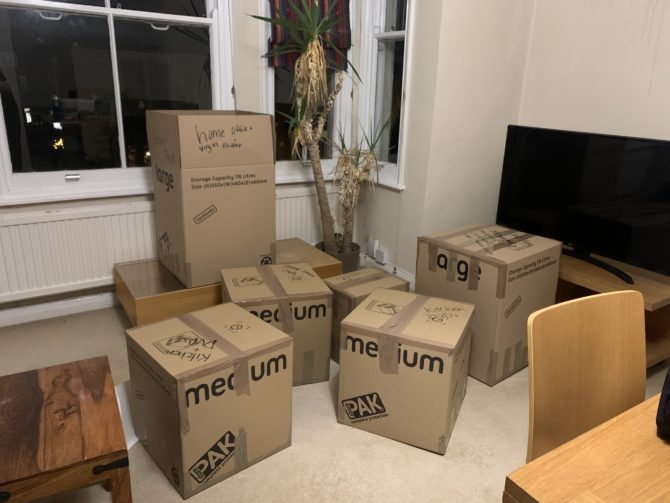
There are a few things I wanted to wrap up about living in Tulse Hill before moving on – my final memories of life as seen from our so-so rented sofa – like the delicious salted caramel brownies Randi concocted, the soothing light of the Hanukkah candles and the amazing Christmas Special Quiz which Katie, Kim and Chris ran which reunited our powerful and/or delightful New Kinglanders team. (Special shout out to Papa King who called in from what looked like a boozy wine-fuelled lunch.)
I also wanted to note our final regular visits to Maxy Supermarket (for all of the essentials which kept us going this year) and Lark (for all of our non-essential essentials whenever we needed to buy impromptu baby gifts or housewarming presents). You are both awesome. We also made good use of our last chance at outdoor dining this year before the latest lockdown, with a totally unplanned but delicious Friday-night dinner in Dulwich Village after a very long week at work for us both, and then a quick trip to The Rosendale pub last week for bangers and mash and a pint.
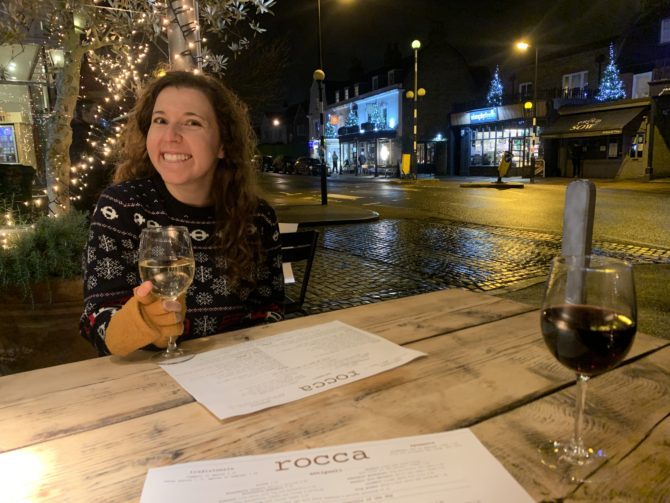
Obviously the last few days have been a flurry of activity, but unlike the homebuying process itself it’s much more fun since we’re just starting with (almost) zero furniture and working our way up. We were very lucky to squeeze in a trip to Curry’s before Tier 4 was announced to pick things out, and after Christmas was cancelled (what a sentence to write) we also acquired an emergency Christmas tree for the otherwise-empty living room.
Since then we’ve been busy cleaning, unpacking, figuring out the boiler, giving virtual tours, meeting the neighbours, putting together desks and chairs for the office and so on but I also found time to enjoy my very belated inaugural mulled wine of the season (loving Forest Hill’s high street already!) and order burritos from our favourite Mexican restaurant in Peckham, Cravings La Carreta, which delivers to us now! It won’t be the last time.
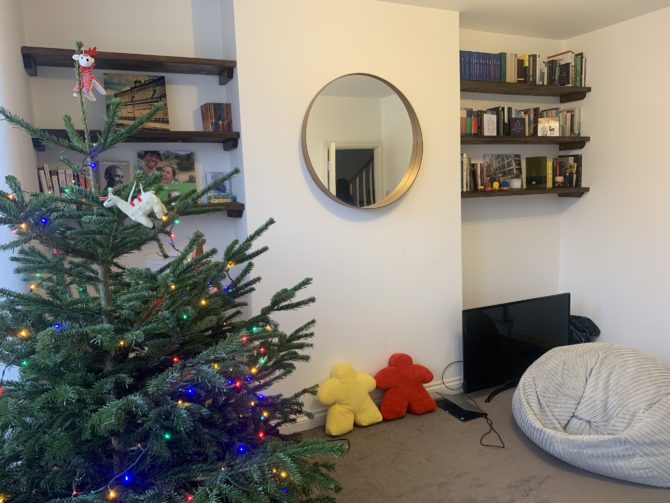
Unsurprisingly there hasn’t been any interesting new blog material during the second national lockdown, and our December is now fully consumed with just trying to navigate the house buying process. Nobody wants to read about that stress; it’s the same for everyone who does it, although a personal highlight was taking delivery of two enormous bean bags in anticipation of moving without any furniture. (If I do manage to publish any Annual Review this year there’s a pretty high chance it will be written on a bean bag.) We’ve also been scouting for sofas in retail outlets along the Croydon Tramlink (come for the sofas, stay for the trams!) which led to the happy conclusion that Randi and I have pretty compatible philosophies on sofas. So that’s good.
Another bright spot for me has been the second series of His Dark Materials which I am really enjoying and works especially well on dark winter evenings. Randi and I also enjoyed The Heat this week as our Friday-evening “collapse onto the sofa while we still have one and watch a movie” entertainment, with catering by the newly opened and talk-of-the-area Brockwell Kebab. (They do know what they’re doing at Brockwell Kebab. We will be sad to let them go so soon.)
Sadly Thanksgiving was a far cry from last year’s sterling effort but we did at least order American-themed burgers. We’ve also had a long overdue catch-up with Jason and Carrie (plus a truly astonishing Brazilian jiu-jitsu doll) and welcomed Katie and Kim into the Dominion Expansion club. I also had the pleasure of attending Caius’s virtual Empire & Slavery in the Age of Revolution event a few weeks back featuring none other than Michael, another historian in my year at college who used to put us all to shame with his essay-writing and has now written a book, which is very exciting. Congrats!
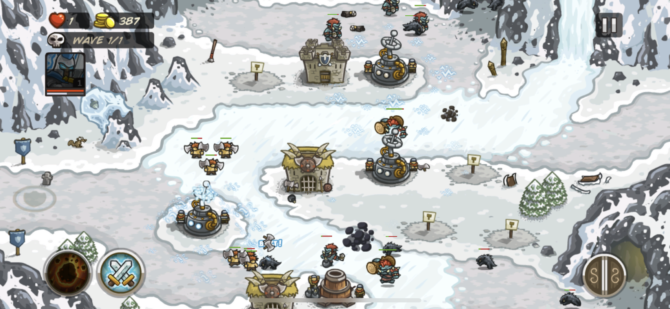
When Randi and I booked this week off work to follow the US election I didn’t actually think we’d need the whole week to get an official result, but it paid to be cautious. And I’m very glad we had the padding because between Tuesday night and Saturday afternoon it has felt like one long hazy day of watching CNN’s indefatigable John King plough on and on in front of his magic wall, with occasional breaks for me to nap, go on nice local walks, lose to Randi at Dominion (the margins were very close), read about 1970s North Korean kidnappings and watch episodes of romantic comedy Love Life. But now, finally, it’s done. Biden won. The Trump nightmare is over.
I have incredibly mixed emotions here. It’s really hard to convey, especially to British people, why it matters so much that Democrats likely won’t control the Senate. I think people over here treat this as a minor technical impediment or something akin to a weak parliamentary majority, but it’s much more fundamental. It doesn’t just make legislating next-to-impossible, it also sets up the inevitable backlash in two years if Biden is perceived as failing in the midst of a recession.
And even for Democrats in the US, it’s far too easy for people to fall back to blaming Mitch McConnell’s inevitable ‘obstructionism’ and ‘failure to compromise’ as the reason for gridlock, as if Republicans in the Senate should be expected to help them out. That’s wrong. The problem is not Mitch McConnell. The problem, as ever, is that the US has just held three different national elections (President, House, third of the Senate) with three different sets of rules and so, as usual, it has three different results. Be very wary of anyone who tells you that an elected House of Lords will fix British democracy, kids.
On the other hand, Biden is clearly the best choice for getting something done in these circumstances, and if that something is ‘only’ getting a grip on the pandemic then that will count for a lot. But more importantly, anyone who reads this but doesn’t care about the structural political blah blah blah and just wanted to see the back of Donald Trump also has a point. It matters, and it feels so, so good, that the power and status of the US Presidency will no longer be granted to someone so small, so ungracious and so unkind. It matters that a child who’s just forming lifelong opinions about what’s normal and what’s not sees Kamala Harris as Vice President. So it’s a good week. Much better than four years ago in Toledo.
Originally, we planned to watch the count from an Airbnb in Devon. But when the new national lockdown was announced on Saturday (commencing on Thursday) we did some emergency last-minute holiday replanning (special thanks to the guy in the Trainline call centre who was rooting for Biden from Mumbai) and travelled down to Seaford in Sussex on Monday night for a wonderful ‘last hurrah!’ pre-lockdown restaurant dinner which included cocktails, camembert and multiple desserts. The next morning we woke up early – hours before any polls opened in the US – and set off on an Election Day coastal walk along the Seven Sisters cliffs to Eastbourne. It was a beautiful day (after a short rainy burst) and the ideal way to pass the time if you’re not, y’know, voting.
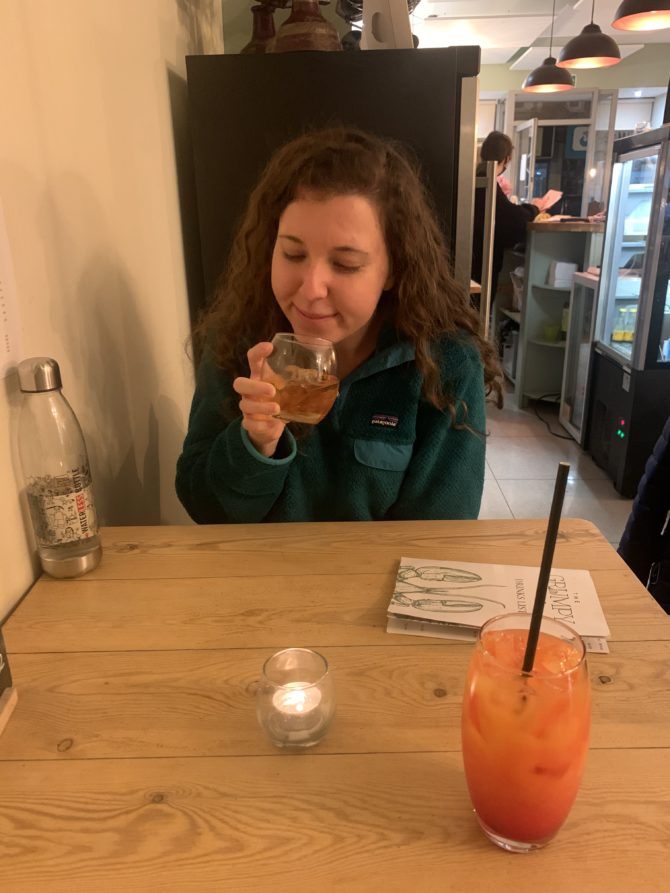
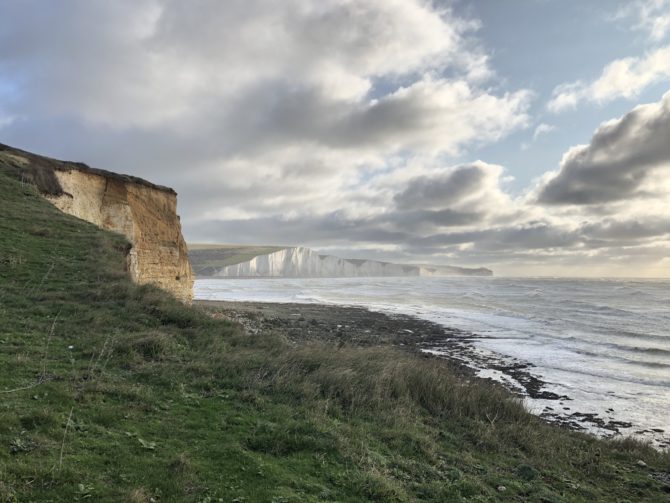
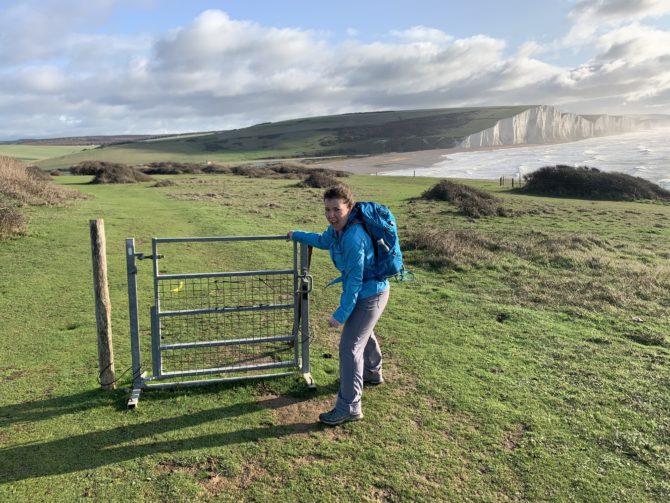
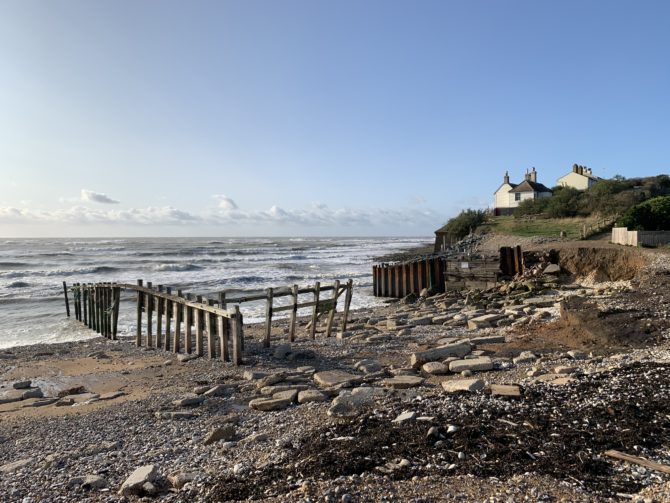
On a totally non-election note, two weekends ago we were browsing for something to watch and alighted on Knives Out – a really fun murder mystery film starring Daniel Craig as an (implausible Southern) private detective trying to follow the clues to the catch the killer in a big ole’ country house.
It was an especially good watch on a dark and stormy night – lashes of wind and rain against the living room window – which set the perfect ambience. So if you’re looking for an entertaining escape, check it out on your next unforgiving winter’s evening!
We did it! About a year and a half after starting the London LOOP, yesterday we combined our final three sections together and after about 24km of walking our tired legs returned us to Hatch End Overground station where we first set out in April 2019. Hey, at least we’ve crossed off one thing this year.
Between us we also took a lot of photos along the way, so here is our actual route(ish) stitched together from 800+ geotags:
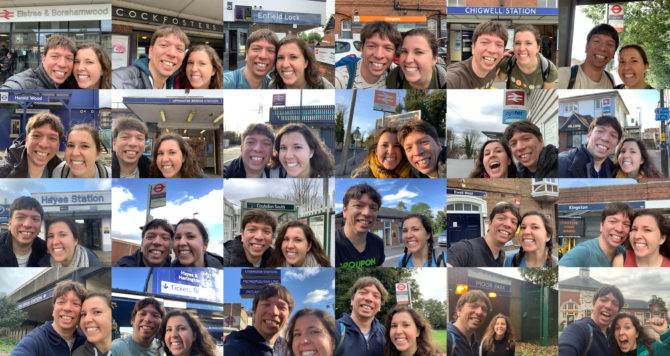
The final walk was a medley of everything great and ridiculous about the Loop at the same time: canal towpaths to cross over and then back again, golf courses with stringent signs about keeping to the footpath, directions which became increasingly obsessed by electricity pylons, beautiful woods with occasional families on a day out, muddy farms with fields of horses, cows and (more curiously) swarms of ducks, patches of pure, undistilled suburbia (“this is a private road”) and border signs beside busy highways welcoming you to the Home Counties. Apparently Hertfordshire is the “county of opportunity” – who knew?
As we approached the corner of the muddy field where Section 14 officially ends I felt a little sad. Notwithstanding the six month lockdown break it has been a really lovely routine every few weekends to wake up early, grab a carefully-timed combination of trains to an obscure station and walk another portion of the city’s perimeter. And while I am excited about starting another of TfL’s Walk London routes (after coronavirus has calmed down again) I don’t think any of them will be as varied or as all-encompassing as the Loop, with the one constant of London’s central skyline forever popping in and out of view as a familiar but distant friend.
Just before we got to Hatch End station, Randi popped into a pub to use the loo and as I was waiting outside I could have sworn that her former boss – who I’ve only met a couple of times – walked by on the pavement. But I knew that she lived near us (making Hatch End about as far out of her way as possible) so I dismissed it as impossible until Randi texted her later to check and – indeed – she really was in Hatch End for the day. At one level it was just one of those weird, funny coincidences but, for me, it was also symbolic of the greatness of the city. Walking the Loop means walking through hundreds of small urban villages (and many not-so-urban villages), each with their own makeup and history and stories. But they are also connected, through all of London’s transport, so that it feels totally possible and reasonable to travel from one extreme to another without going ‘out of town’. I remember that feeling of possibility when I got my first Oyster card aged 16, and I still feel it now.
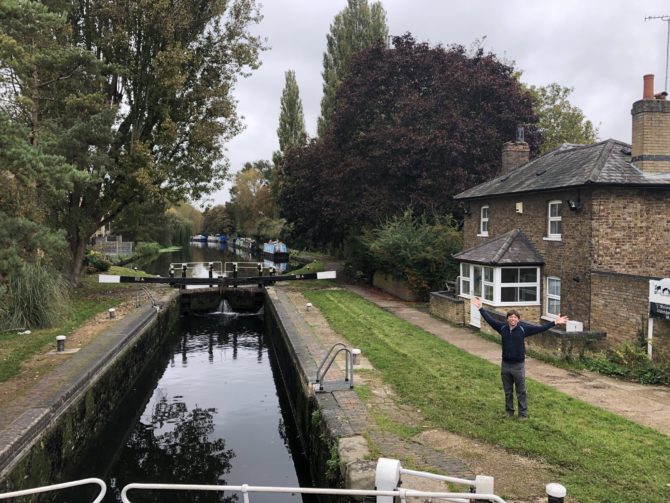

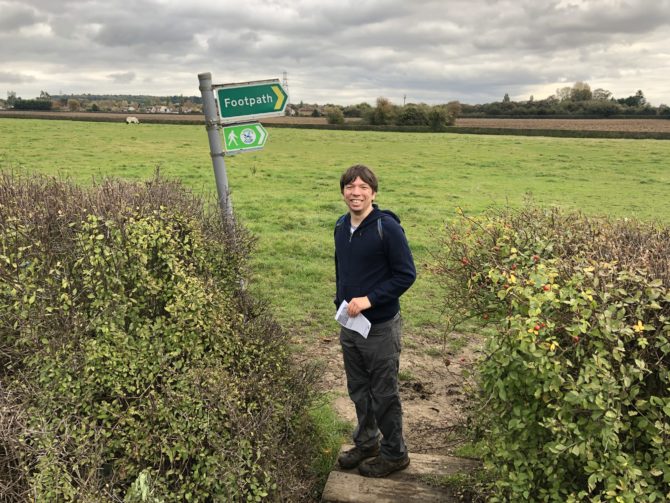
On Thursday night, with Tier 2 announced but not yet in force, we also had a last hurrah of indoor socialising with Amy, Adam and Paul at a pub comedy night in the Tulse Hill Hotel. On the one hand it was a very 2020 arrangement: try doing stand-up comedy from a spot in the middle of the pub while masked waiters duck and weave around you to direct incoming guests through the hand sanitiser / QR code / text confirmation shuffle. But it was also a fantastically fun, carefree and light-hearted night… like something from one of those olden times films when people went to social events with friends.
Over the last few weeks we’ve also started the new series of Bake Off, tried to be good citizens by getting our flu vaccines (although with stocks running low it was unclear whether we’d actually just made things worse for people who really need it) and visited Abbi, Paul and Jack in Chelmsford for all-you-can-eat pizza where new slices are continually brought to the table and offered around in a revelatory “wait, why isn’t all pizza served this way?!” arrangement. But the absolute highlight of recent times was this afternoon’s trip up to Kingsbury to meet newborn Cora. She is an amazing baby and we love everything about her. Especially her yawns.
